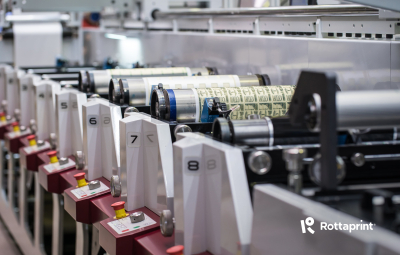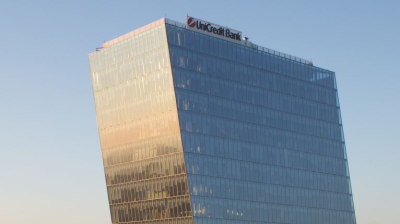There are companies, such as direct importers or energy companies, whose turnover is up to 90% linked to exchange rates, and currency risk hedging can make a major difference in their annual reports.
If in 2008, the companies were seeing currency risk as a natural loss that didn’t require any active management, as it was offset by the extremely aggressive increase in business or business segments, the situation changed radically this year, in the midst of a completely new macroeconomic climate.
The companies started to express interest in currency risk hedging, largely due to high volatility and wider currency fluctuations.
“As a result, we tried to streamline the activity with the bank, by enabling clients to access the electronic currency trading platform as well as to reduce or to eliminate the currency risk that affects the company’s turnover”, said the representative of RBS Romania.
The size of currency transaction carried by companies on EUR/RON pair reflects how sound the business environment or volume of companies are, Bucur continued.
RBS director says the volumes of currency transactions with EUR/RON pair had dropped by 20-30% , especially from the perspective of inter-bank currency market, as it tends to absorb the volumes generated by the companies via purchase/sale of foreign currency both commercial exchanges and speculative trades.
First step to Forex, in 2005
In 2005, RBS – at that time ABN Amro – was the first bank that launched a facility available within the bank’s electronic trading platform, which provided real time access and trading in the forex market and money market, called DealStation.
After it was renamed as RBS in October 2008, following the acquisition of ABN Amro by Royal Bank of Scotland, Fortis and Santander, RBS broke into the Romanian financial market.
In the fall of 2005, RBS was the first bank to receive approval from National Bank of Romania for currency risk hedging via exchange rate options.
“These were relatively simple operations to cover currency risk, such as exchange rate forward contracts, but we brought a completely new category”, said Cosmin Bucur.
DealStation offers direct access to forex and money-market, speed in trading, trading history, advisory and security of information.
The most traded currency pair is EUR/RON and accounts for 80-90% of DealStation’s flow.
Citeste si:
Calculator Salariu: Află câți bani primești în mână în funcție de salariul brut »
Te-ar putea interesa și:



















































































![HR [PLAY] Tech Workout - 11...](https://www.wall-street.ro/image_thumbs/thumbs/973/973fe0a3888d417feff63de42e814180-260x260-00-65.jpg?v=1713273035)









